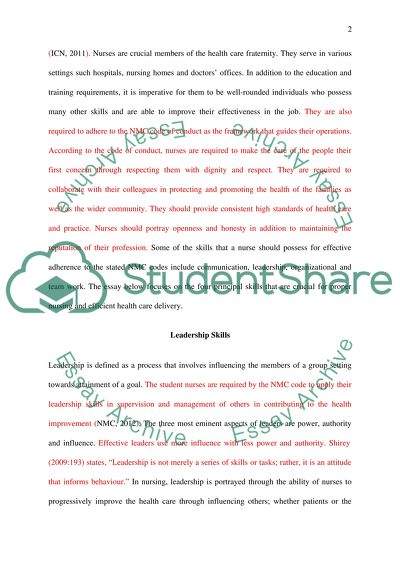Cite this document
(“Good Nursing Practice Essay Example | Topics and Well Written Essays - 2750 words”, n.d.)
Good Nursing Practice Essay Example | Topics and Well Written Essays - 2750 words. Retrieved from https://studentshare.org/nursing/1458584-good-nursing-practice
Good Nursing Practice Essay Example | Topics and Well Written Essays - 2750 words. Retrieved from https://studentshare.org/nursing/1458584-good-nursing-practice
(Good Nursing Practice Essay Example | Topics and Well Written Essays - 2750 Words)
Good Nursing Practice Essay Example | Topics and Well Written Essays - 2750 Words. https://studentshare.org/nursing/1458584-good-nursing-practice.
Good Nursing Practice Essay Example | Topics and Well Written Essays - 2750 Words. https://studentshare.org/nursing/1458584-good-nursing-practice.
“Good Nursing Practice Essay Example | Topics and Well Written Essays - 2750 Words”, n.d. https://studentshare.org/nursing/1458584-good-nursing-practice.


